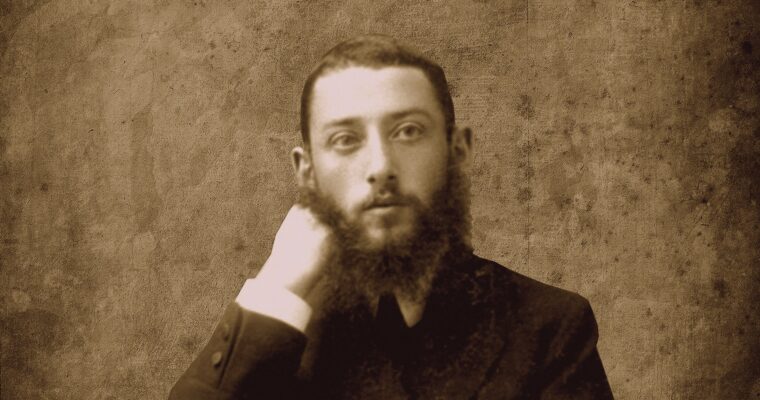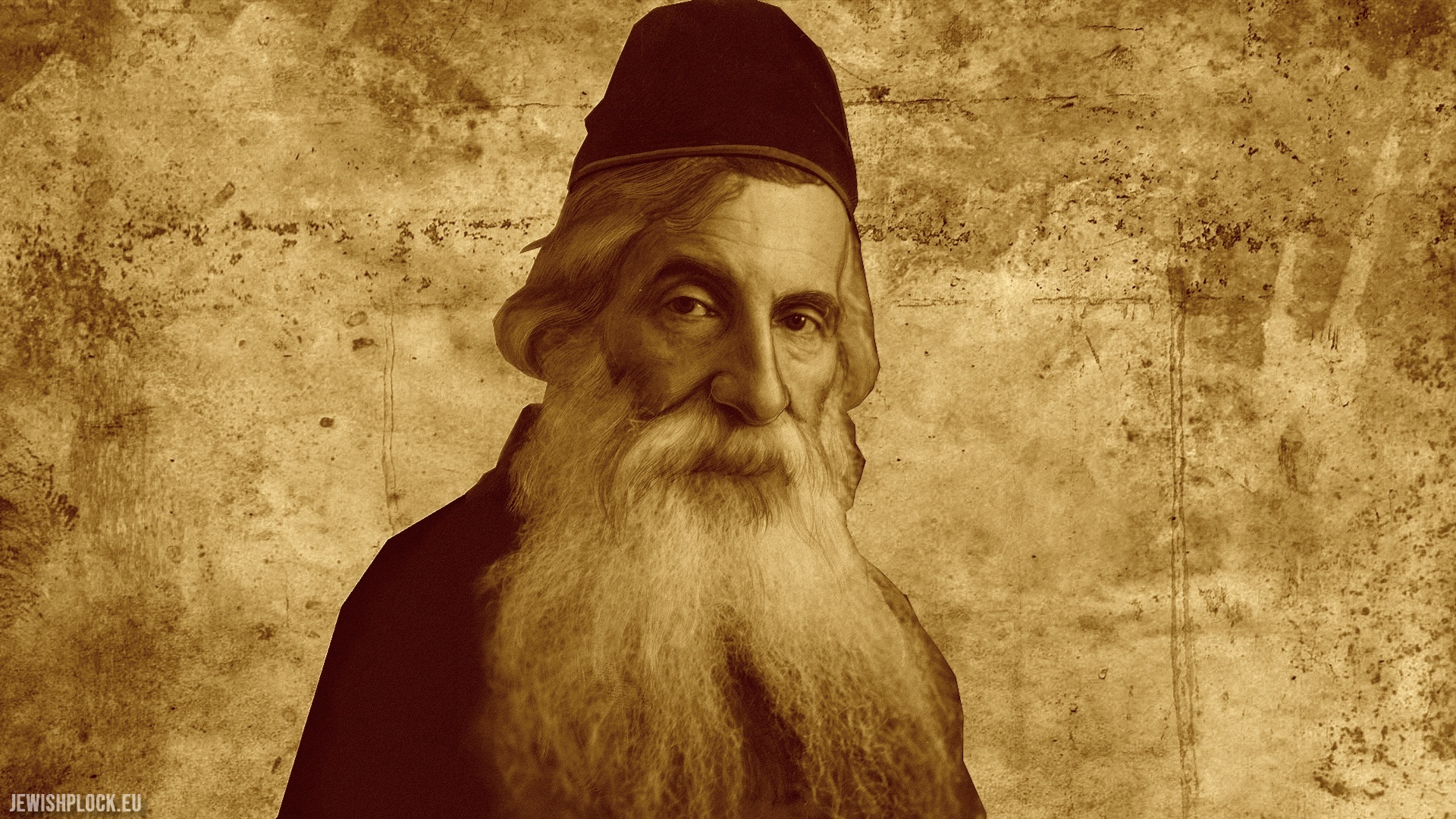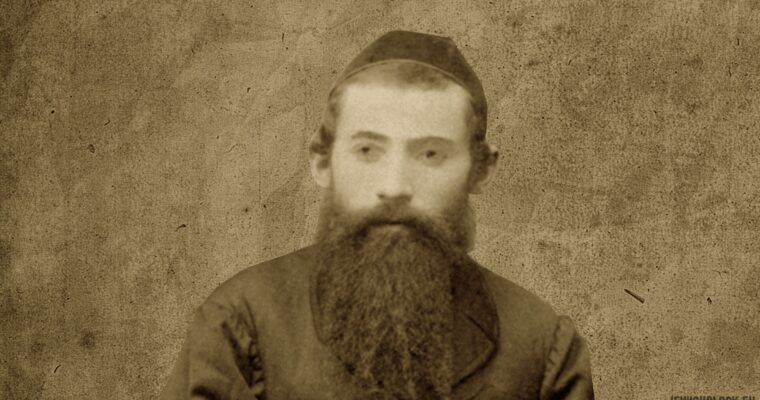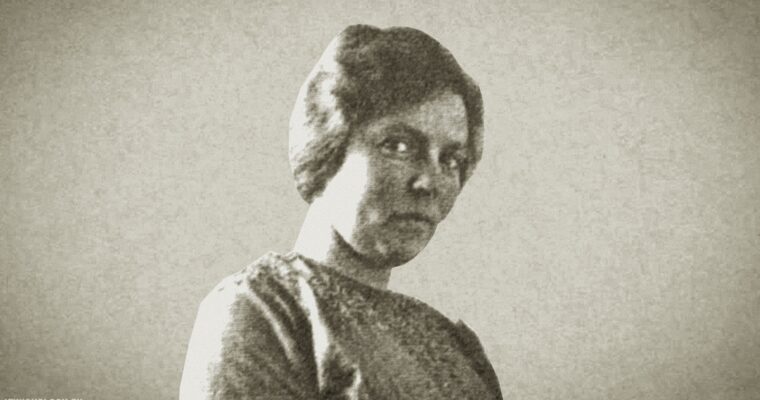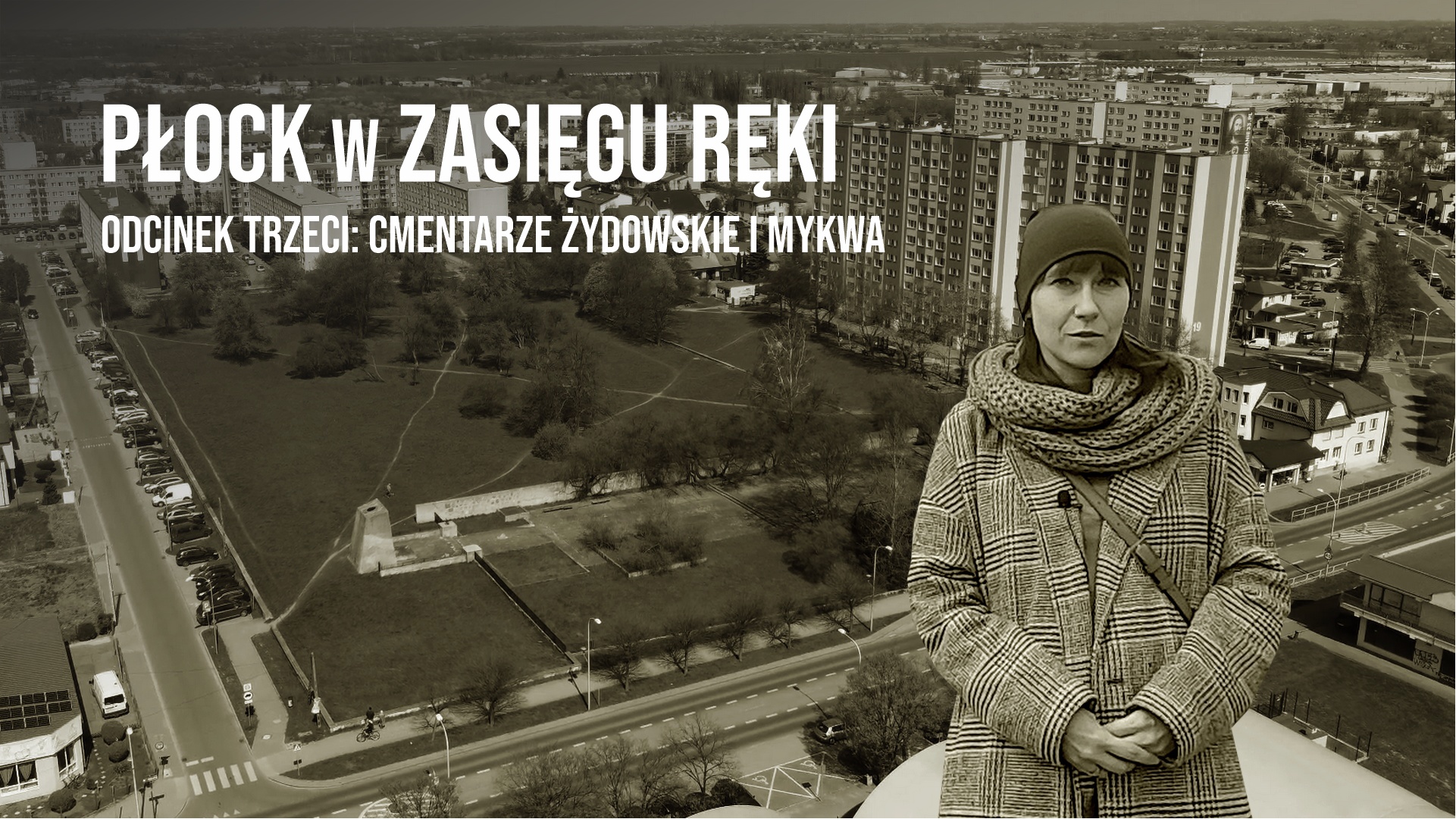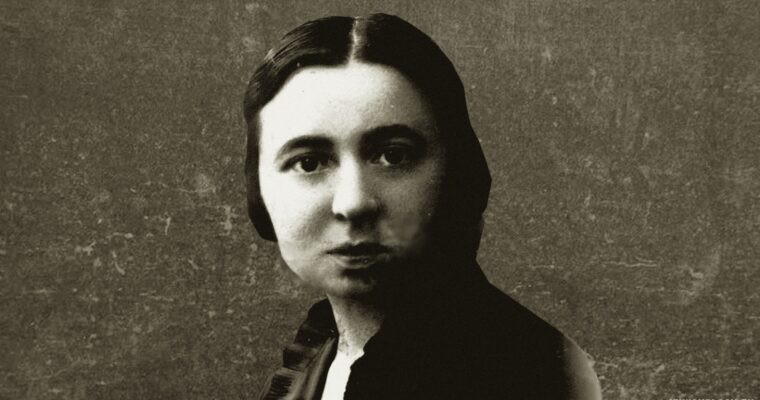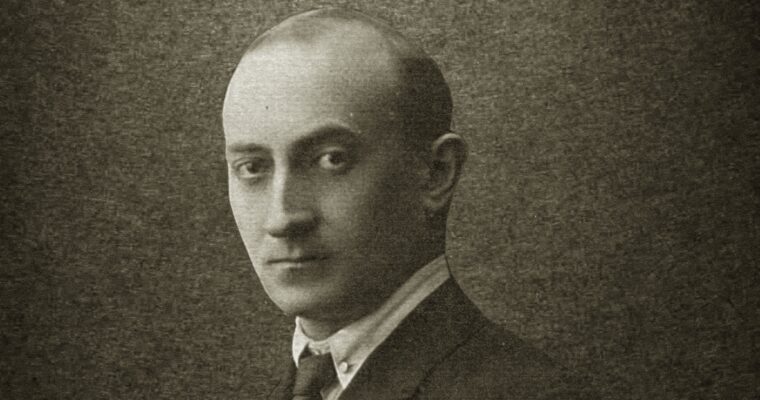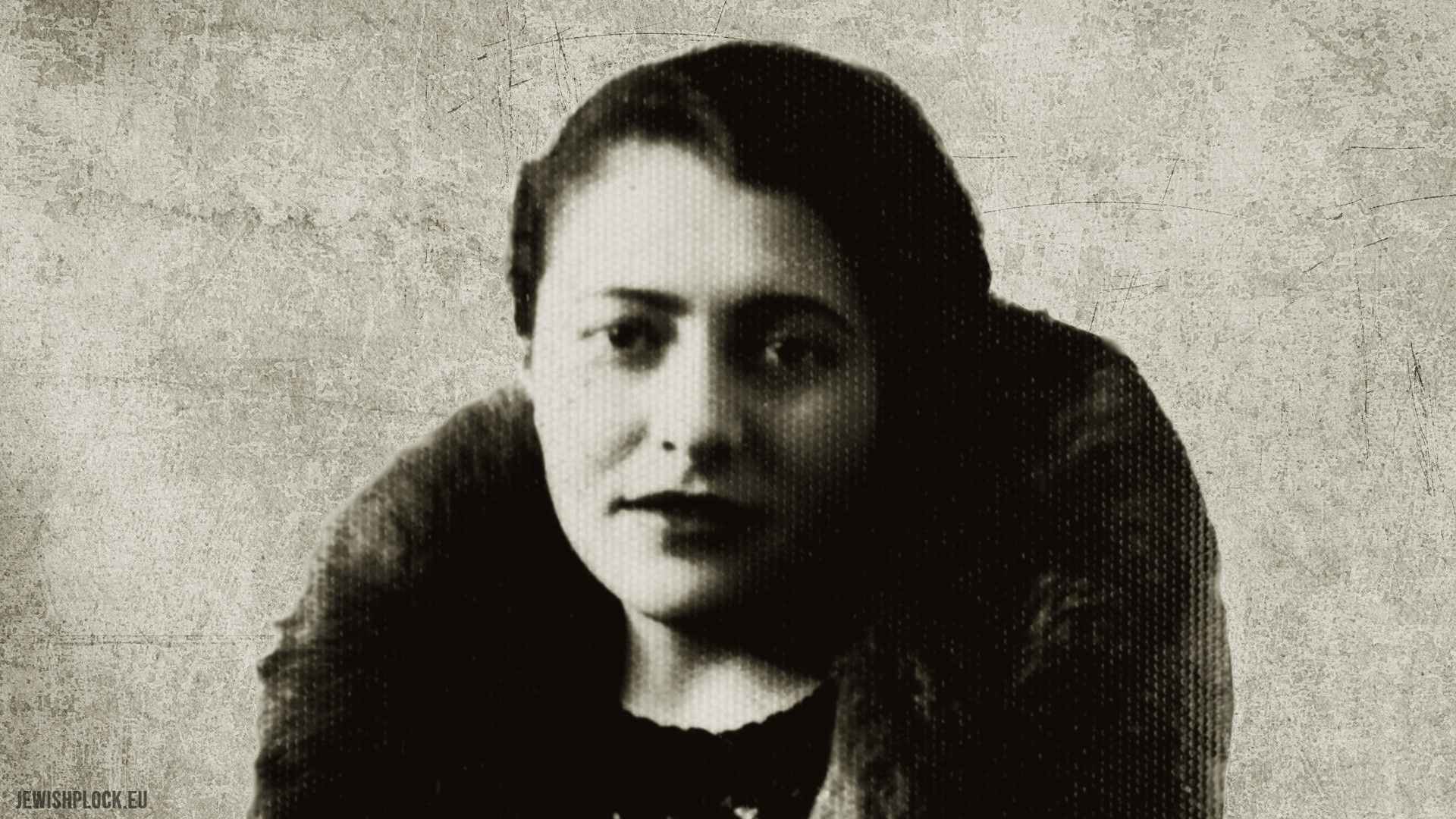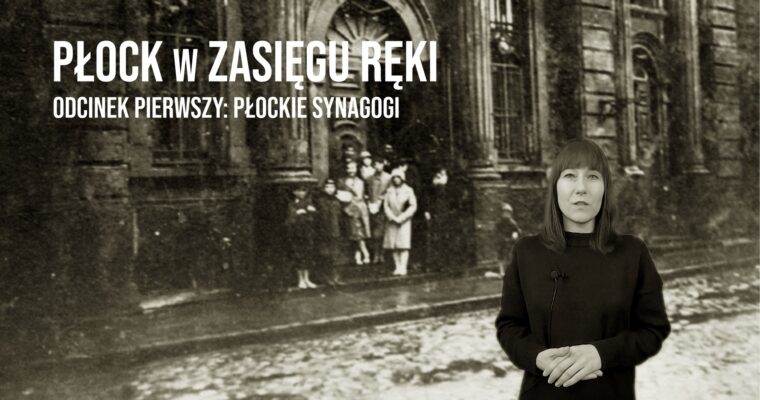Chaskiel Lipszyc (1857-1932) – rabbi, Talmudist, writer and social activist. The son of Rabbi Hillel and Chaja, he came from the Eastern Borderlands. From 1887 he was a rabbi in Jurburg, then in Bausk. In the years 1894-1906 he was a rabbi in Płock. He was a co-founder of the Jewish Charity Society. During his stay in Płock, he wrote a work entitled Hamidrasz Wehamaase, containing comments on the Torah. From 1906 he was a rabbi in Kalisz. In 1918 he was elected to the Kalisz Town Council. He was a member of the presidium of the Jewish Agency in Paris, president of the National Association of Rabbis in Poland, chairman of the organization “Lina Hacedek” and an honorary member of the board of “Moszaw Zkejnim” (Old People’s House). He died on March 21, 1932 and was buried in the new Jewish cemetery in Kalisz.
Bibliography:
Przedpełski J., Stefański J., Żydzi płoccy w dziejach miasta, Płock 2012

